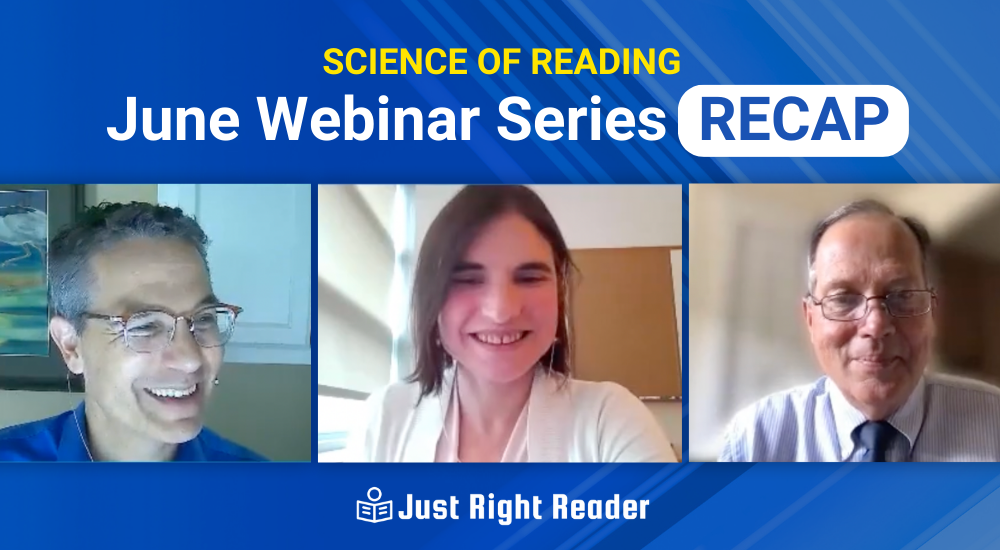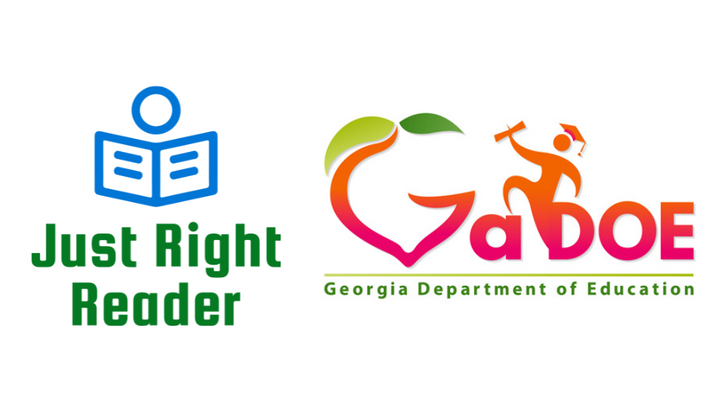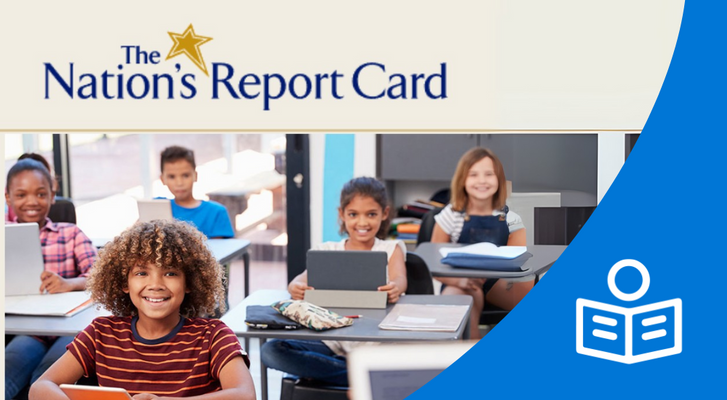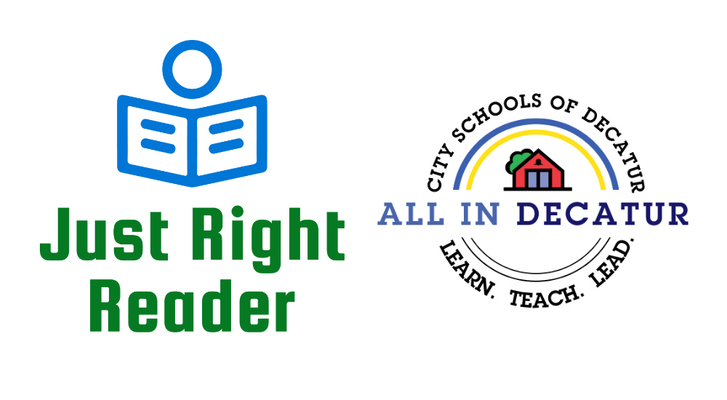
Accelerate Learning with the Science of Learning
Dr. Paul von Hippel
In our first webinar, Dr. Paul von Hippel shared the research on summer learning loss and the strategies administrators can implement in the Fall to accelerate reading achievement.Dr. Hippel emphasized the importance of assessing decoding skills in grades K-2 at the start of the school year and repeating the assessment after a few months.
To facilitate progress and help students remember the phonics skills they learn, he suggested teachers incorporate regular and purposeful interleaved practice by using a variety of decodable books that align with each student's phonics skill level. Hear more about interleaving practice and Dr. Hippel’s recommendations for Fall here:
Watch the full recording here.
The Science Behind Early Reading Acquisition
Dr. D. Ray Reutzel
In the second webinar, Dr. D. Ray Reutzel unpacked what is needed for early reading acquisition. He started by sharing the science and complex process behind how kids learn to read words.Dr. Reutzel then went beyond letter recognition to discuss the importance of blending and segmenting in learning how to identify words. Listen to Dr. Reutzel explain this further here:
Additionally, Dr. Reutzel emphasized the need to provide contextual practice for early readers.
“Research continues to suggest that when beginning readers read decodable books, they are having a different kind of opportunity to apply their knowledge of the blending and segmenting processes as they read.”
Watch the full recording here.
Why Phonics Instruction Alone Isn’t Enough
Dr. Laura Tortorelli
For the final webinar in the June Science of Reading Series, Just Right Reader invited Dr. Laura Tortorelli to share why phonics instruction alone isn’t enough for children to become proficient readers. In the webinar, Dr. Tortorelli provided three recommendations for how educators can strengthen existing phonics instruction.
Recommendation #1:
“Make sure you're providing a high volume of meaningful and instructionally aligned texts. So these are texts that kids want to read and can make sense of, but will actually allow them to apply their phonics skills.”
Recommendation #2:
Scaffold decoding during reading.

Recommendation #3:
“Reading and writing are functional activities that draw on the same knowledge. And so helping kids engage in writing, even from the very beginning of the reading instruction will strengthen their reading and phonics knowledge and vice versa.”
Watch the full recording here.







